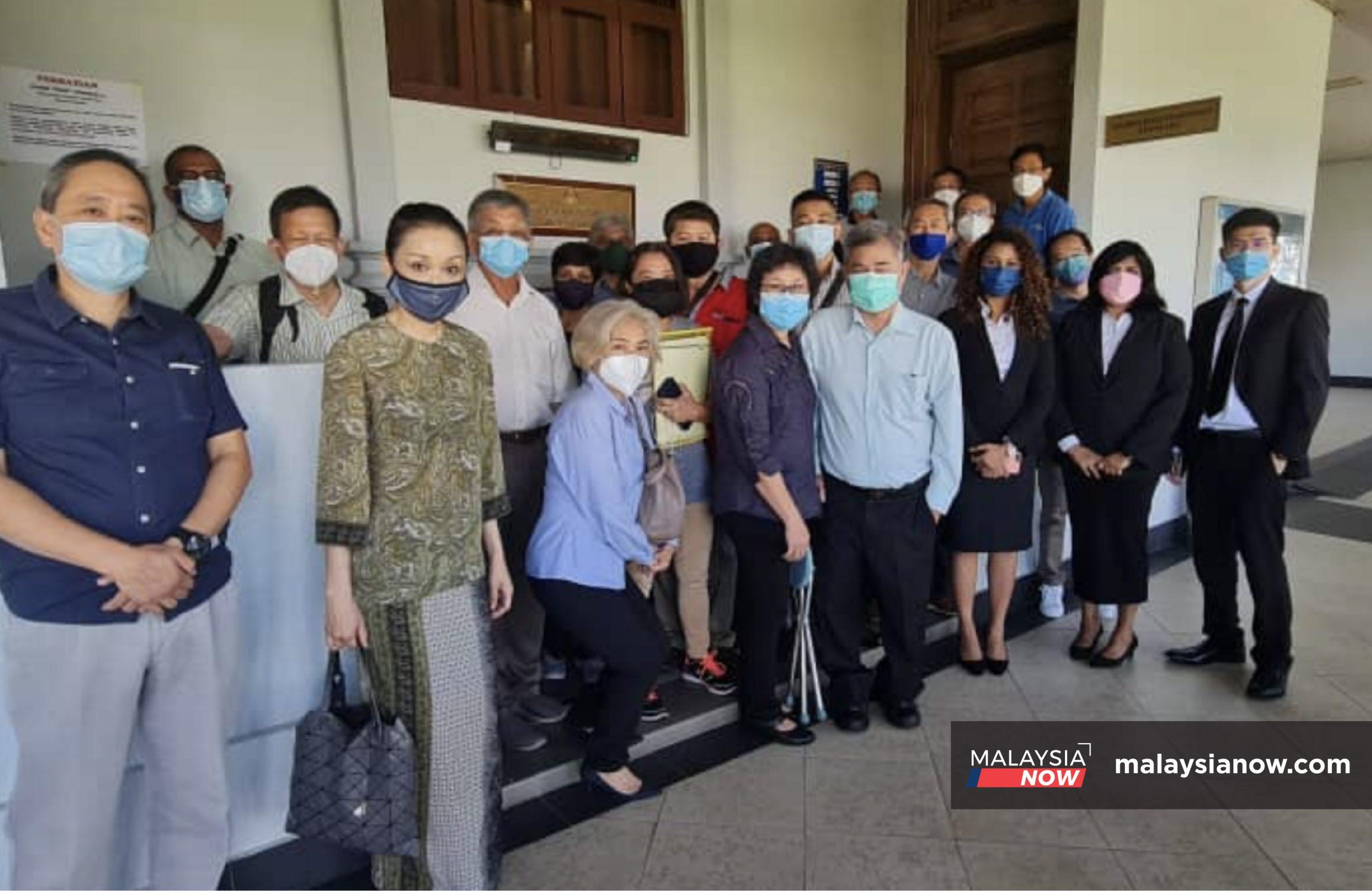180 fleeced of RM22.6 million after failed agarwood investment in Thailand
They were told that it would take seven years before the crop could be harvested and the promised returns given.
Just In
A total of 180 individuals suffered losses of more than RM22.6 million when investments in an agarwood planting project carried out by international company Asia Plantation Capital (APC) did not materialise, MalaysiaNow can reveal.
Information received shows that the case began as far back as 2011 when the company in question began advertising about investments in an agarwood plantation project on a plot of land obtained through a lease in Sakon Nakhon, Thailand.
It is understood that the advertisement was spread on a variety of platforms such as newspapers, social media and agent calls. Some victims were also drawn into the scheme after hearing word of it from their close friends.
Documents and reports obtained by MalaysiaNow show that the investment promised lucrative returns, given that oud oil was in high demand at the time, with the selling price of each tola – a unit of weight equal to approximately 11.7g – estimated at S$400.
According to the documents, the proceeds of the sales would be given in Singapore dollars, after a 17.5% cut for harvesting costs and commissions.
Investors were also told that the trees would be cared for by experienced professionals to ensure that they would grow well.
MalaysiaNow was told that victims made transactions amounting to tens of thousands, or even hundreds of thousands depending on the number of trees purchased. Some recorded transactions of over RM500,000.
The transactions were converted to Singapore dollars as the company in 2011 had no office in Malaysia.
The sale and purchase agreement shows that the company had said the trees would take up to seven years to mature for harvest.
At the time the agreement was made, the victims were also told that they would be kept informed about the progress of their crops through annual reports.
They were also told that some of them would be brought to see for themselves the land in Thailand, purportedly as proof that the investments were legitimate.
But once the contract was signed, APC reportedly failed to provide the promised updates, saying nothing until contacted by the victims themselves.
Even those who contacted APC of their own accord were left disappointed, saying that the company gave all sorts of excuses for why the crop was not succeeding and offered them a new agreement.
However, none of the victims took up the new offer as they felt they had been cheated. They chased the company to return their money as their contracts had already been breached several times.
In June 2020, APC in a report by the Business Insider said that uncertain weather conditions such as the El Nino phenomenon and drought had jeopardised several of the company’s assets.
This caused the company to post losses of US$36 million in 2019 and 2020, although it said it was taking proactive steps to diversify its business structure.
The report also said that APC was actively investing in the Malaysian and Thai plantation sectors, establishing new factories to produce agarwood and related products for export to the international market.
In 2020, an estimated 60 to 70 victims came forward to lodge police reports against the company. However, MalaysiaNow understands that the case was classified as NFA – no further action – since there were no new clues that could be linked to it.
Although disappointed with the decision, the victims resolved to take the case to court, represented by a group of lawyers led by Shobah Veera.
Speaking with MalaysiaNow, Shobah said the court would issue an order to the police to re-investigate the case under Section 420 of the Penal Code following their application to the Kuala Lumpur Criminal Magistrate’s Court on March 2.
A suit was also filed against the company two years ago, case management of which will take place on March 31.
“This is our first victory for our clients, and we hope that this case will be investigated with full transparency,” she told MalaysiaNow when met at the Kuala Lumpur court complex on Wednesday.
Subscribe to our newsletter
To be updated with all the latest news and analyses daily.
